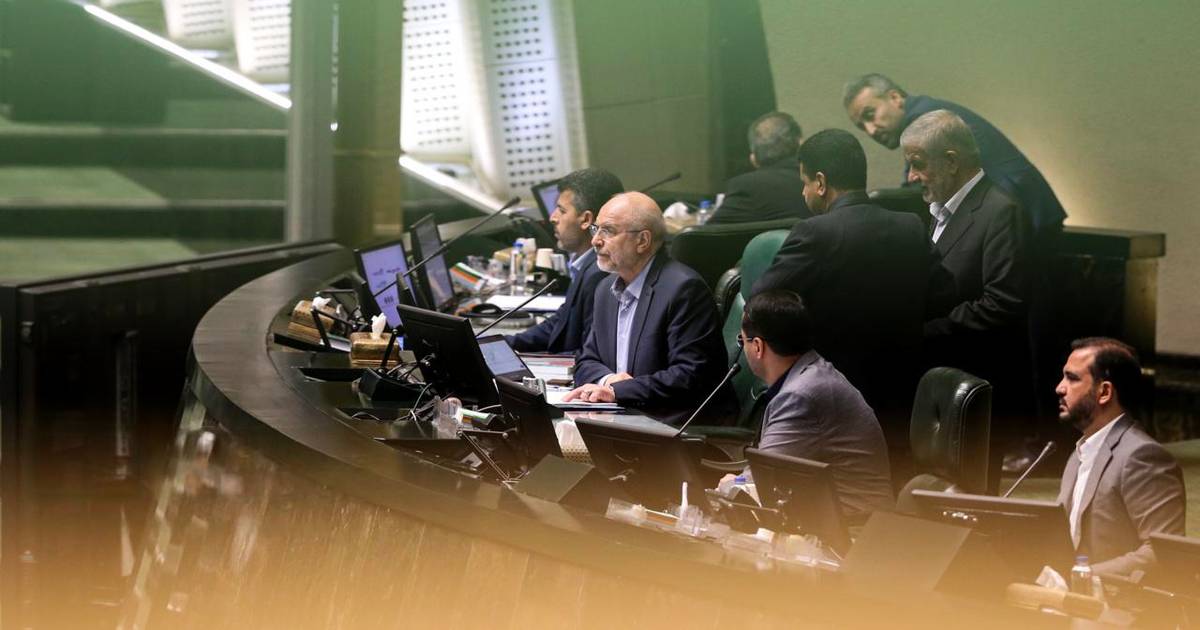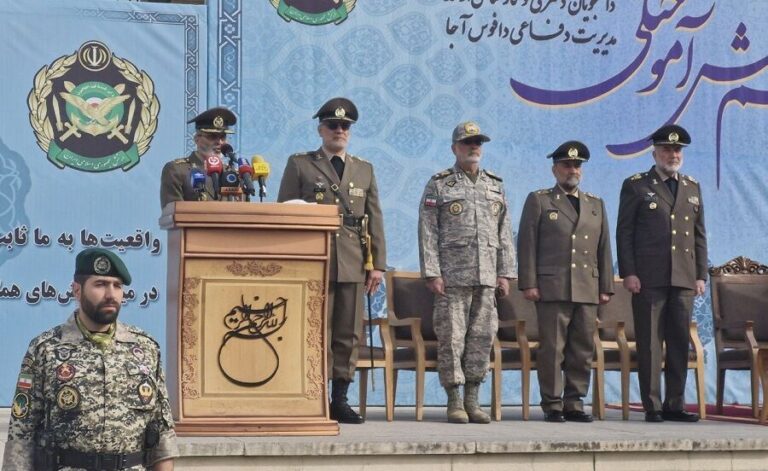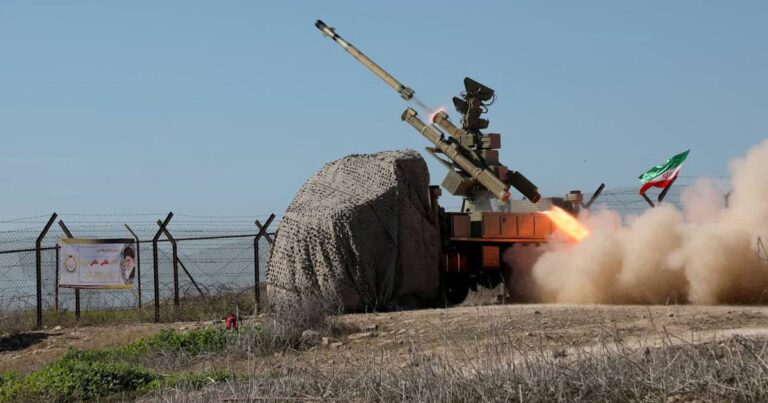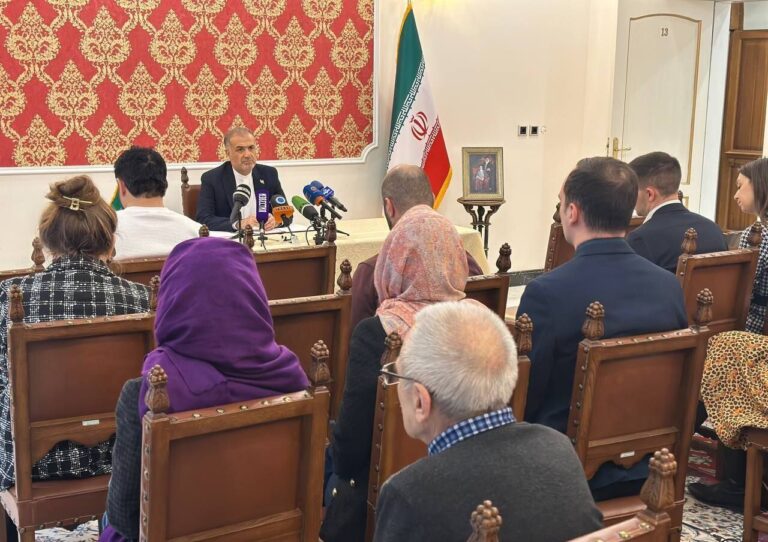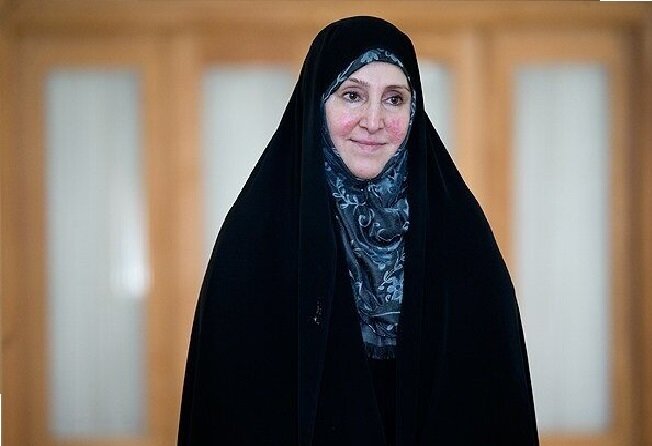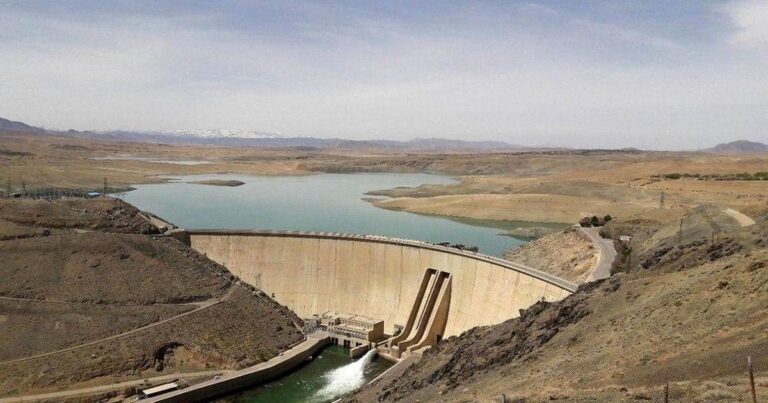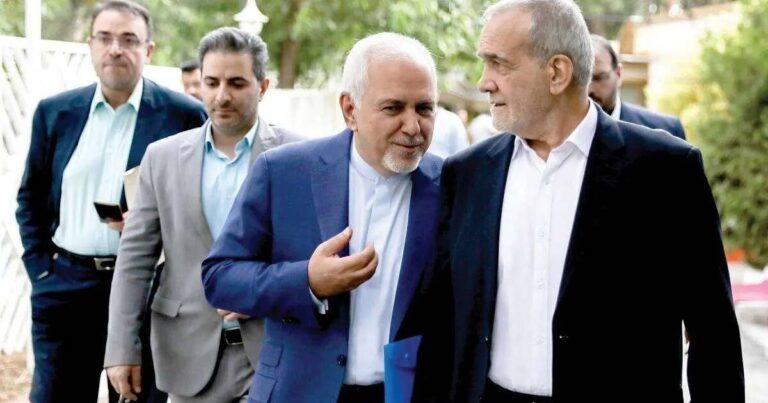Tehran’s Red Lines Take Center Stage in Parliament’s Secret Session on US Negotiations
In a significant development regarding the ongoing negotiations between Tehran and Washington, Iran’s parliament convened a closed-door session on Tuesday to discuss key issues surrounding nuclear enrichment, sanctions, and foreign oversight. This meeting highlighted the Iranian lawmakers’ firm stance on their red lines concerning these crucial matters.
After the session, Abbas Goudarzi, spokesperson for the Iranian Parliament’s presiding board, provided insight into the discussions, which included a briefing from the National Security and Foreign Policy Committee. Goudarzi stressed the Islamic Republic’s core demands in the ongoing negotiations.
“Iran remains committed to negotiations as long as the other side remains committed,” Goudarzi stated. He emphasized that Iran’s focus is on peaceful domestic enrichment, clarifying that the Iranian definition of enrichment differs from that of the United States. “Enrichment means internal production, not the import of enriched material,” he explained.
Key points from the session include:
- The necessity for the removal of sanctions.
- The unfreezing of blocked assets.
- The restoration of banking ties.
“These are fundamental pillars of our position,” Goudarzi added. He also noted that discussions surrounding regional issues, Iran’s defensive capabilities, and the suspension of nuclear enrichment activities are not subject to negotiation. “The talks are strictly nuclear in scope. We reject any inspection outside of those by the International Atomic Energy Agency,” he asserted.
In a show of unity, Parliament Speaker Mohammad Bagher Ghalibaf reiterated this stance, emphasizing that the legislature’s role is primarily supervisory. “The government must remain within the framework of the Strategic Action Law to lift sanctions and protect the Iranian nation’s interests,” he stated.
The Strategic Action Law to Lift Sanctions and Safeguard the National Interests of Iran was enacted in 2020. This law aimed to enhance parliamentary influence over nuclear policy, mandating a rapid escalation of nuclear activities and a reduction in IAEA monitoring in response to the US’ withdrawal from the Joint Comprehensive Plan of Action (JCPOA) and the reimposition of sanctions in 2019.
Ghalibaf also addressed recent comments made by Israeli Prime Minister Benjamin Netanyahu, who has intensified his rhetoric against Iran. He dismissed Netanyahu’s remarks as attempts to sway the Iran-US negotiations. Earlier this week, Netanyahu stated, “A real deal that works is one that removes Iran’s capacity to enrich uranium for nuclear weapons… Dismantle all the infrastructure of Iran’s nuclear program. That is a deal we can live with.”
In response, Ghalibaf brushed off these claims, stating, “Netanyahu, in a desperate attempt to avoid political extinction, has resorted to threats. These worthless tirades are not taken seriously.” He pointed out the close alignment between the US and Israel, remarking, “The Zionist regime cannot take independent action without US permission,” despite the threats being made.
It is important to note that US President Donald Trump has previously indicated that if Iran does not reach an agreement on a nuclear deal, the US would resort to military action against Iran. Ghalibaf issued a strong warning regarding this issue: “Should even a fraction of these threats be executed, Iran’s response will be decisive. Any aggression would be akin to igniting a powder keg, putting not just the Zionist regime, but all US bases in the region squarely in the crosshairs of Iranian retaliation.”
As the negotiations continue, the Iranian parliament remains resolute in its approach, reinforcing the nation’s unwavering commitment to its nuclear program while also navigating the complexities of international diplomacy. The outcomes of these discussions will undoubtedly shape the future of Iran’s relations with both the US and its regional neighbors.
